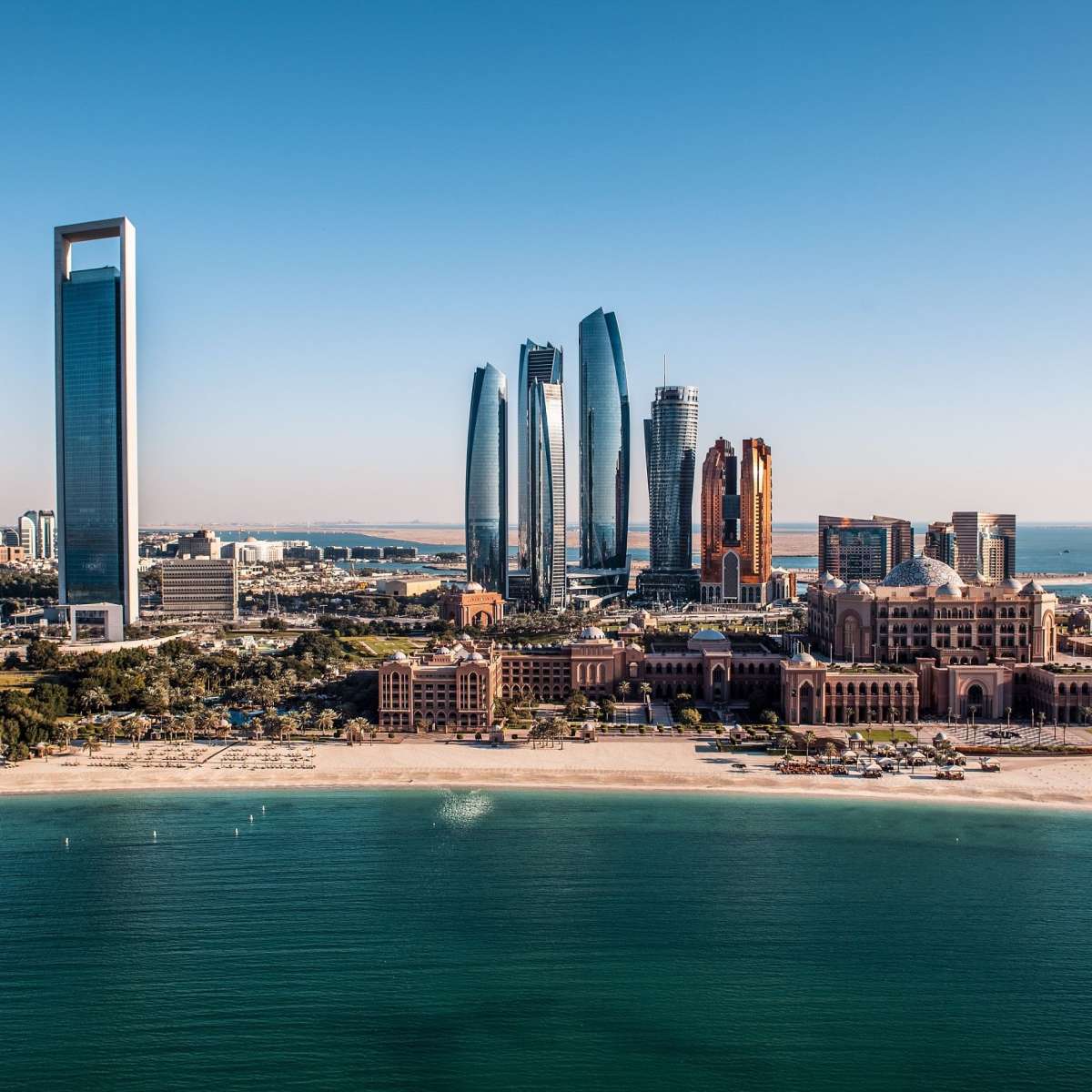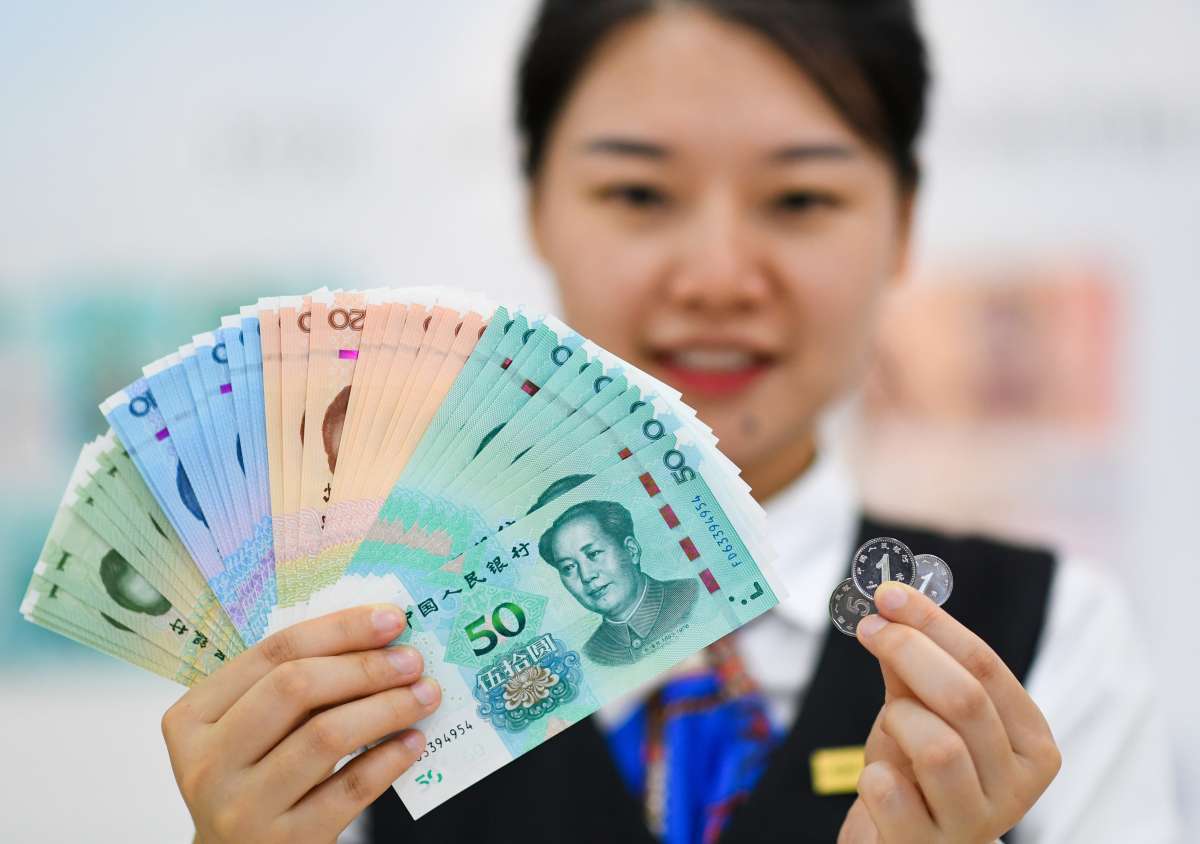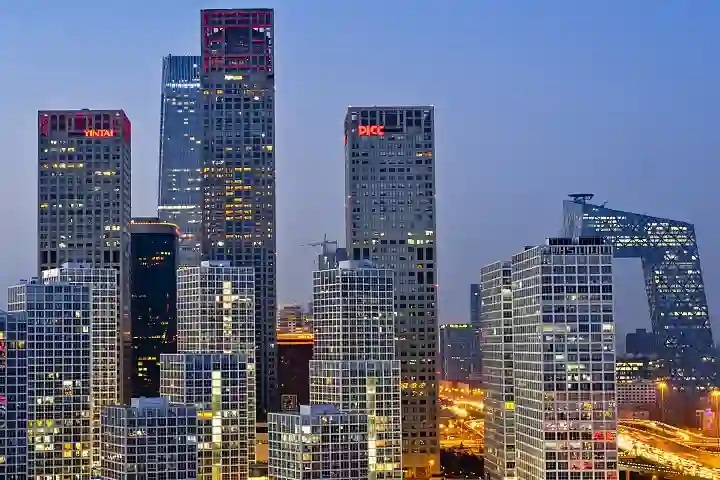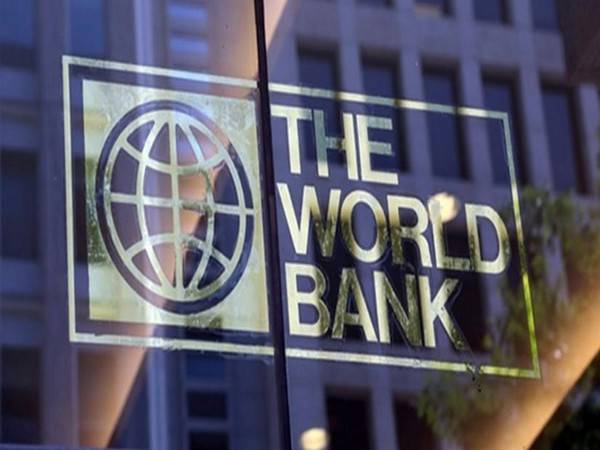In 2023, the private sector continued its strong growth, reaching AED 338.9 billion, up 35% compared to 2016. Supported by private sector and family-owned businesses, Abu Dhabi non-oil sectors is going from strength to strength…. reports Asian Lite News
The Abu Dhabi Department of Economic Development (ADDED), in collaboration with the Abu Dhabi Investment Office (ADIO), organized the second edition of the Al Multaqa quarterly meetings, aiming to strengthen partnerships with the private sector and family offices. The meetings provided the business community with updates on the Emirate’s economy and achievements in 2023, while also emphasizing future opportunities.
Launched in Q4-2023, Al Multaqa Meetings empower Abu Dhabi’s to accelerate economic growth, by providing a platform for ongoing dialogues to support investment and the development of new policies that further enhance the Emirate’s business environment.
In 2023, the private sector continued its strong growth, reaching AED 338.9 billion, up 35% compared to 2016. Supported by private sector and family-owned businesses, Abu Dhabi non-oil sectors is going from strength to strength, recording a growth of 9.1 per cent during 2023 to AED 610 billion to contribute 53.4% of total real GDP.
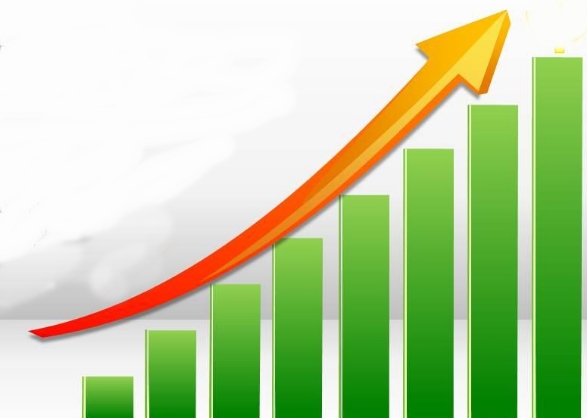
Addressing Al Multaqa meeting, Ahmed Jasim Al Zaabi, Chairman of the Abu Dhabi Department of Economic Development (ADDED), said: “The importance of our collaborative efforts is reflected in Abu Dhabi’s growth indicators. Remarkably, we managed to achieve this strong performance despite global challenges, reflecting the strength and resilience of our ‘Falcon Economy’ and its ability to soar to new heights.”
“Backed by decades-long experience, the private sector and family-owned businesses in Abu Dhabi continue to contribute to economic diversification as evidenced by their share in the highest growing non-oil sectors”.
Family-owned businesses in Abu Dhabi represent 50 per cent of companies in the construction sector, which grew by 13.1 per cent in 2023 compared to 2022, reaching more than AED97 billion; 60 per cent in the finance sector, which rose by 25.5 per cent to AED79 billion; 80 per cent in the wholesale trade sector, which achieved a growth of 7.9 per cent, to reach AED63 billion; and 70 per cent in the transportation sector, which rose by 17.1 per cent during past year.
Al Zaabi added: “In our first meeting, we underlined the crucial role that family offices and private sector play in Abu Dhabi and the UAE’s success. Today, I reiterate the importance of discussing promising opportunities, analyse challenges, and work together to overcome them. We are organising these meetings to ensure the exchange of opinions and to benefit from the extensive experiences and knowledge.”
Abdulla Gharib Alqemzi, Acting Director General of the Statistics Centre – Abu Dhabi, delivered a comprehensive presentation about economic performance of the Emirate during the past 10 years, which saw a 28.5 per cent growth of non-oil GDP, from AED 474.6 billion in 2014 to AED 610 billion in 2023, and a 19 percent rise of total real GDP, from AED 960.1 billion in 2014 to AED 1.14 trillion in 2023.
Alqemzi highlighted major sectors contributing to economic diversification efforts, including manufacturing, construction, finance, trade, transportation, real estate, and ICT.
Abu Dhabi Investment Office (ADIO)’s Musataha Programme revealed several investment opportunities offered to the private sector, enabling investors to develop government-owned land. ADIO also announced investment opportunities in the sports field in different areas of the Emirate in addition to new sites that will be offered to develop feed-selling markets.
ADIO has signed agreement with Dustour Marine Wooden Boats Trading Est. to establish a new state-of-the-art project to support the Emirate’s coastal development in line with urban, social, recreational, and economic expansion plans.
ADDED’s Industrial Development Bureau (IDB) and SMEs sector shared significant updates to further improve ease of doing business and enable the private sector to benefit from ample opportunities provided by development plans.
ALSO READ : Arab Bank Group Posts Impressive 59% Profit Growth

